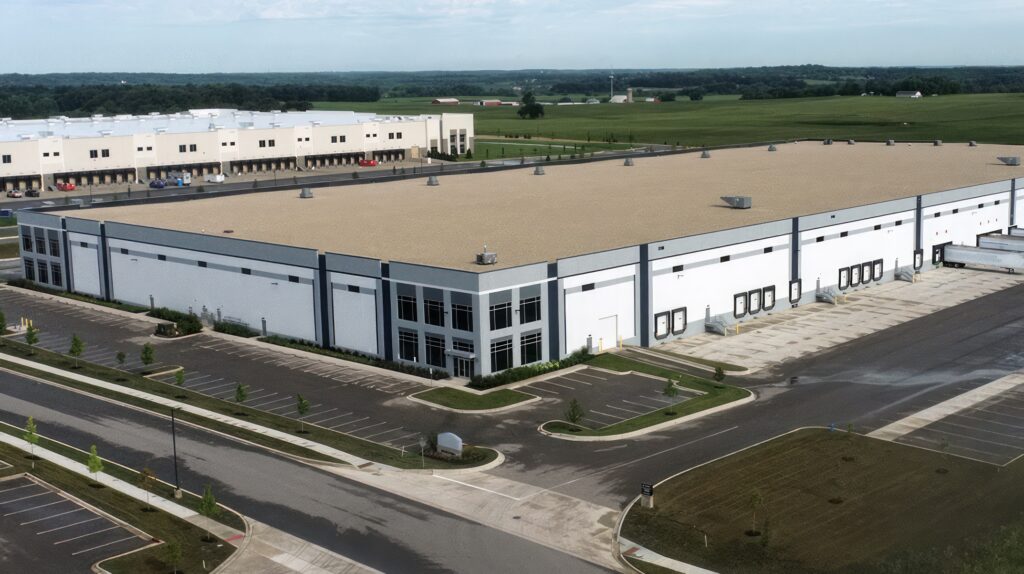The Bristol Business Park is a large-scale industrial development, including buildings 4 and 8, located in Bristol, Wisconsin.
This case study delves into the challenges faced during the development of these buildings and the solutions implemented to overcome these challenges.
CHALLENGES
Material Shortages and Price Increases: The Bristol Business Park project encountered a significant challenge due to material shortages and price increases caused by disruptions in the supply chain due to the COVID-19 pandemic. The disruptions in the global supply chain affected three key materials: petroleum, steel, and roofing. These materials are critical for the construction of industrial buildings, and their scarcity posed a substantial obstacle in maintaining project timelines and budgets.
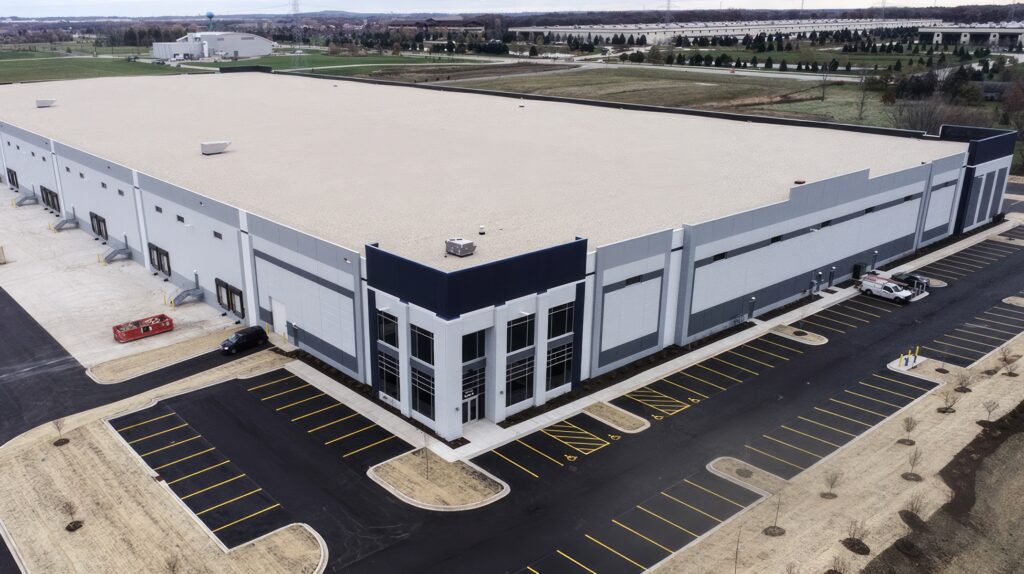
SOLUTIONS
In response to these challenges, the project team implemented a range of strategies to mitigate the impact of material shortages and rising costs:
Proactive Material Purchasing: The project team decided to purchase a significant quantity of materials well in advance of the construction site being fully ready. This strategy was not just about buying in bulk; it involved careful market analysis and forecasting to determine the right time to purchase. This foresight helped secure the necessary materials against future shortages and price surges, ensuring that the project could continue without major interruptions. This forward-thinking approach helped to offset potential cost increases and secure essential materials.
Non-Linear and Unorthodox Scheduling: To accommodate material deliveries in a challenging environment, the project team achieved speed to market in the face of material shortages by building the project out of sequence and accomplishing concurrent critical path work whenever and wherever possible. This allowed them to work around material constraints and maintain progress on the construction timeline. This approach required close coordination among different teams and stakeholders, ensuring that work could progress in different sections of the project simultaneously, thus optimizing the overall timeline.
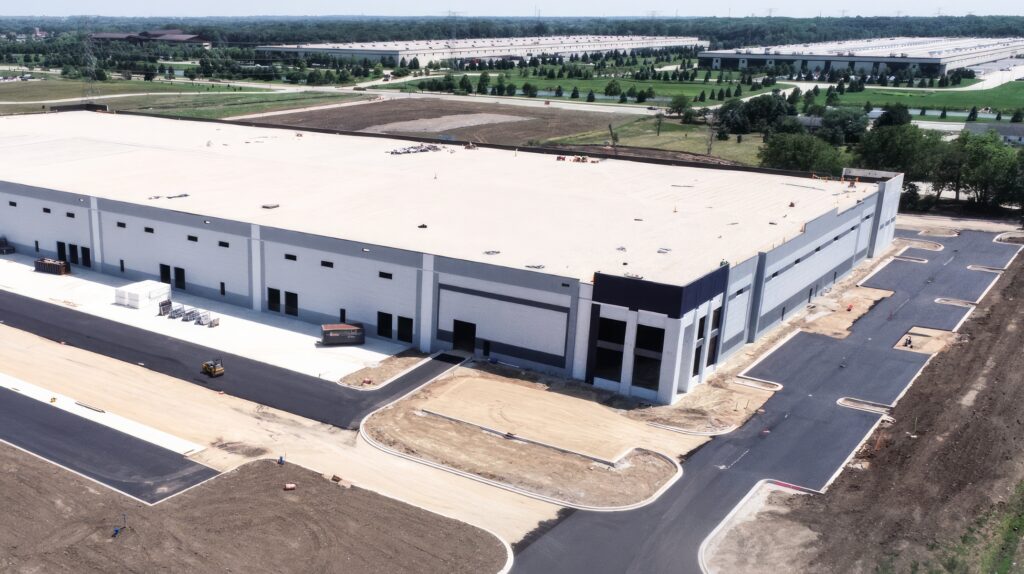
Collaborative Negotiations with Subcontractors: Recognizing the shared challenges posed by the pandemic, the project team engaged in collaborative negotiations with subcontractors. These negotiations focused on finding mutually beneficial solutions to cost escalations and material scarcities. The team worked closely with subcontractors to identify cost-saving measures and explore alternative materials or methods that could keep the project within budget without compromising on quality. This collaborative approach fostered a sense of partnership and shared responsibility, helping to navigate through the challenges effectively.
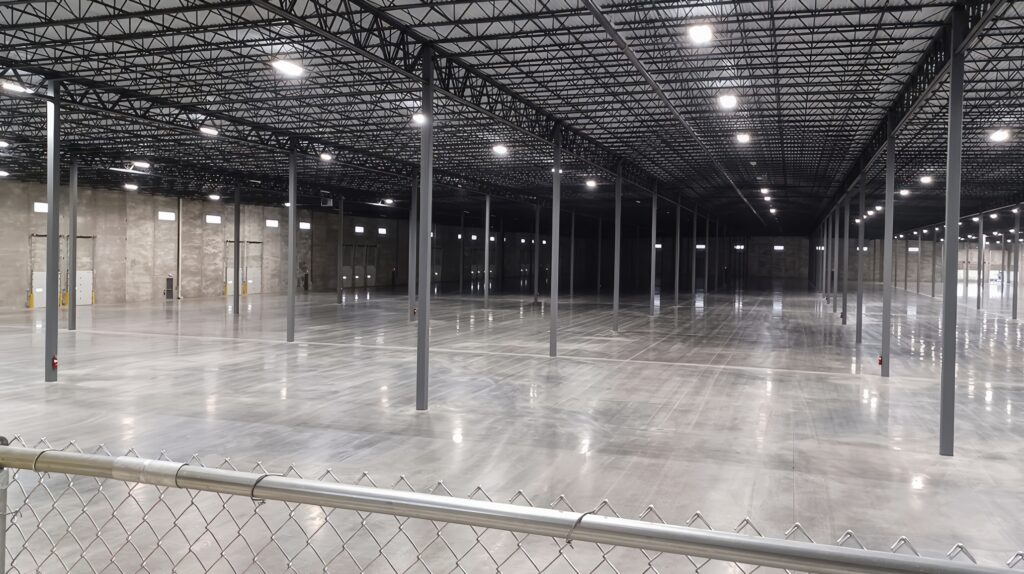
COLLABORATIVE PROBLEM-SOLVING
In addition to addressing the material and cost challenges, the Bristol Business Park project also navigated complex issues related to infrastructure development and design. Key Points Include:
Water and Sewer Infrastructure: The project required the design and approval of a water and sewer system, which involved working with the Village of Bristol and neighboring communities. Collaborative planning and negotiations were vital to this aspect of the project.
Entitlements and Property Assembly: The team had to assemble various properties, obtain entitlements, and work with county authorities to set up road improvements to accommodate the development.
Tax Incremental District (TID): A TID was established to fund off-site work, with the project front-loading the costs to be reimbursed over time through real estate taxes generated by the development.
Design-Build Approach: The project utilized a design-build approach, which placed responsibility for design and construction in the hands of Peak Construction, providing continuity and a streamlined process.
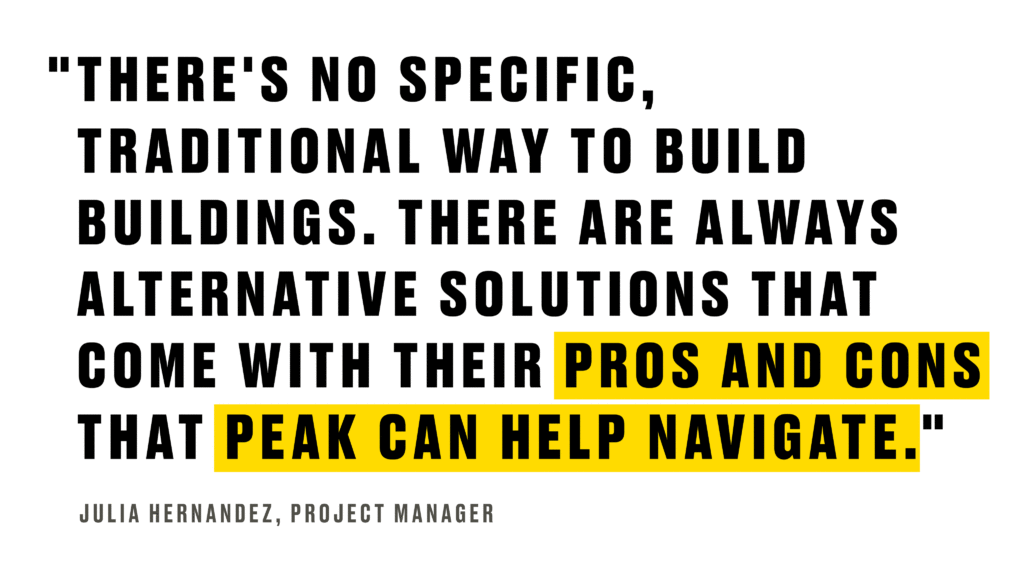
OUTCOMES
Despite the challenges presented by material shortages and price increases, Peak Construction successfully addressed these issues through a combination of proactive material purchasing, creative scheduling, and originative procurement to mitigate cost and lead time risk with subcontractors.
By taking these innovative steps and fostering collaboration, the Peak Construction project team ensured the project remained on track and financially viable. Furthermore, the design-build approach and ongoing communication played crucial roles in delivering the project efficiently.
The lessons learned from this case study offer valuable insights for future industrial developments and large-scale construction projects facing similar challenges in an evolving economic landscape.
Contact Peak Construction about your Industrial project today.



